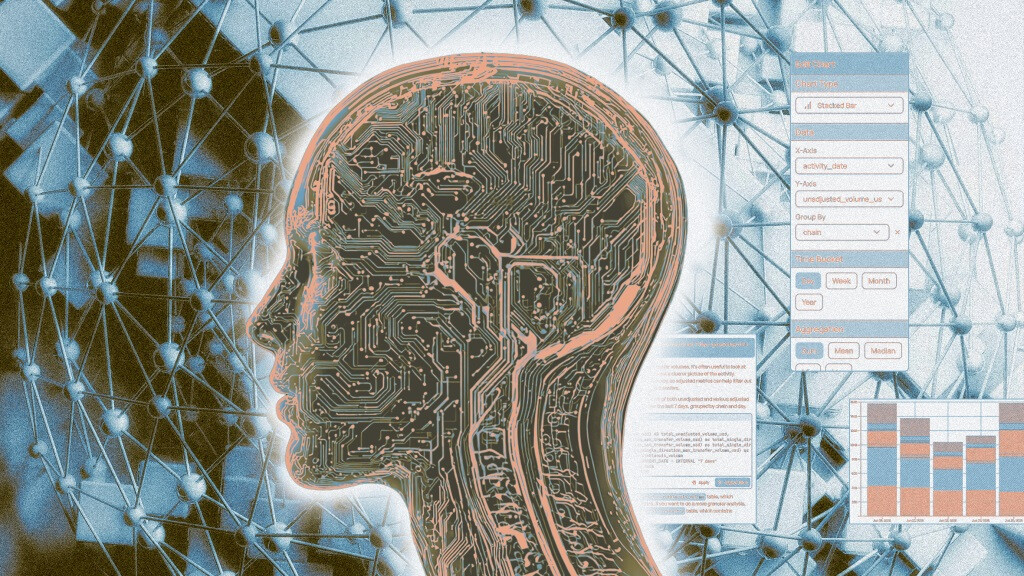
The Surge in Knowledge Accessibility and the Post-Truth Era
In the 1980s, during the time of the 'Lee Gyu-tae's Corner' column, when vast knowledge was handled without computers, the means of acquiring information were limited to books, making the verification of information's authenticity difficult and slow. With the advent of portal sites in the early 2000s, accessibility to information was revolutionized. However, this soon led to the side effects of blind trust in text and video information and the rapid spread of misinformation.
The normalization of Social Media (SNS) in the 2010s caused an explosion in information production, ushering in the post-truth era, where it is difficult to confirm what is true. As information production became easier, the proper selection and judgment abilities of information consumers became crucial.
In the Age of AI, Blind Faith is Dangerous
In 2016, the event where the human grandmaster of Go, Lee Sedol—who was considered impregnable in the Go world—was defeated by an artificial intelligence named AlphaGo, sent a huge shockwave through society. Following this incident, an infinite trust in the output produced by AI spread. People began to believe that an 'AI that even defeated Lee Sedol' would not present false information or incorrect results.
However, signs that this blind faith is dangerous are being detected even in specialized fields such as the legal sector. Clear errors have been found, such as the inclusion of nonexistent case numbers in legal documents drafted by AI. This has created a new workload: the need to verify the authenticity of the content, even when assisted by AI.
Critical Thinking and Ethical Judgment are Key
The phenomenon where people uncritically trust artificial intelligence, compounded by confirmation bias—believing only what they want to see—and even praise AI's answers as accurate analysis even when they're not, is easily observed in everyday life.
It is a misconception that the development of artificial intelligence renders an individual's judgment unnecessary. On the contrary, in a time when AI exerts enormous influence, critical thinking and the ability to make ethically informed judgments have become more important than ever. If we do not center ourselves, verify, and judge information independently, AI will ultimately control the center of our thought process. Cultivating the individual's autonomous judgment so as not to be led astray by the information and results provided by AI is the essential virtue of a wise information consumer.
[Copyright (c) Global Economic Times. All Rights Reserved.]




























